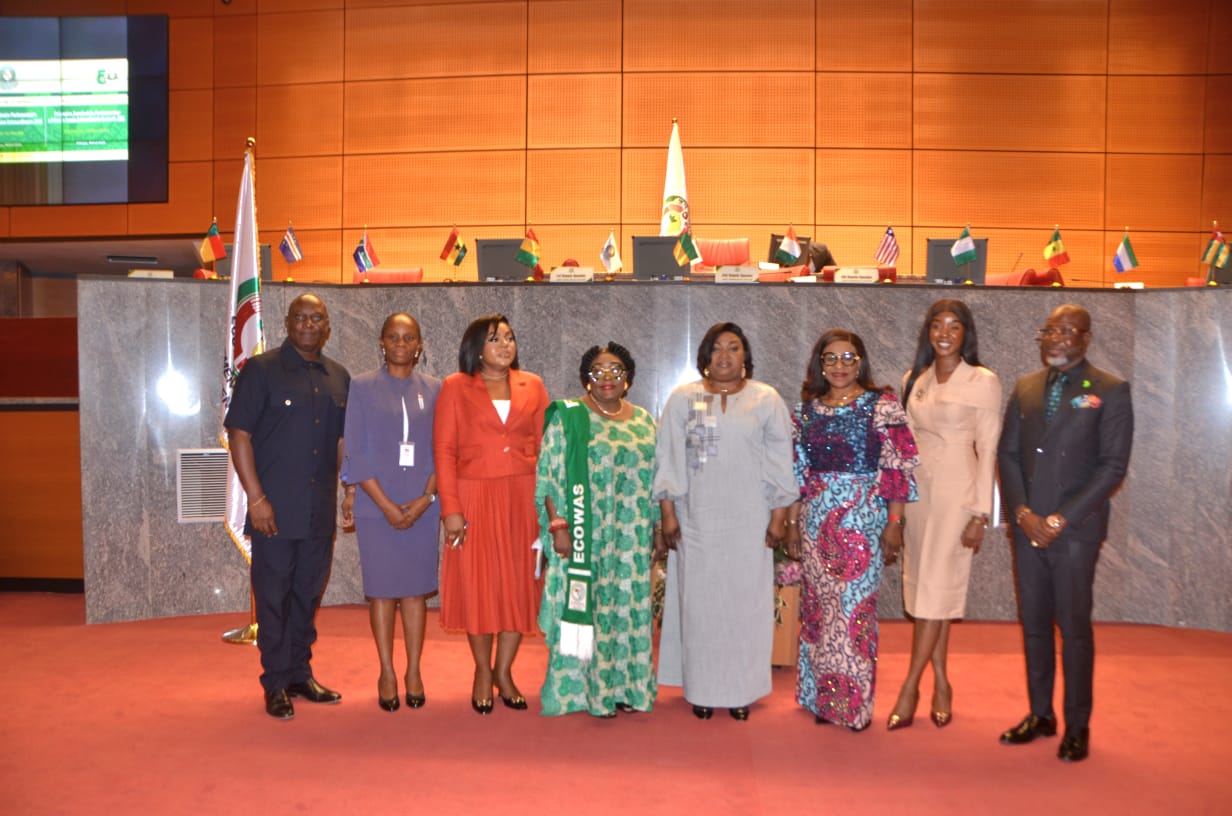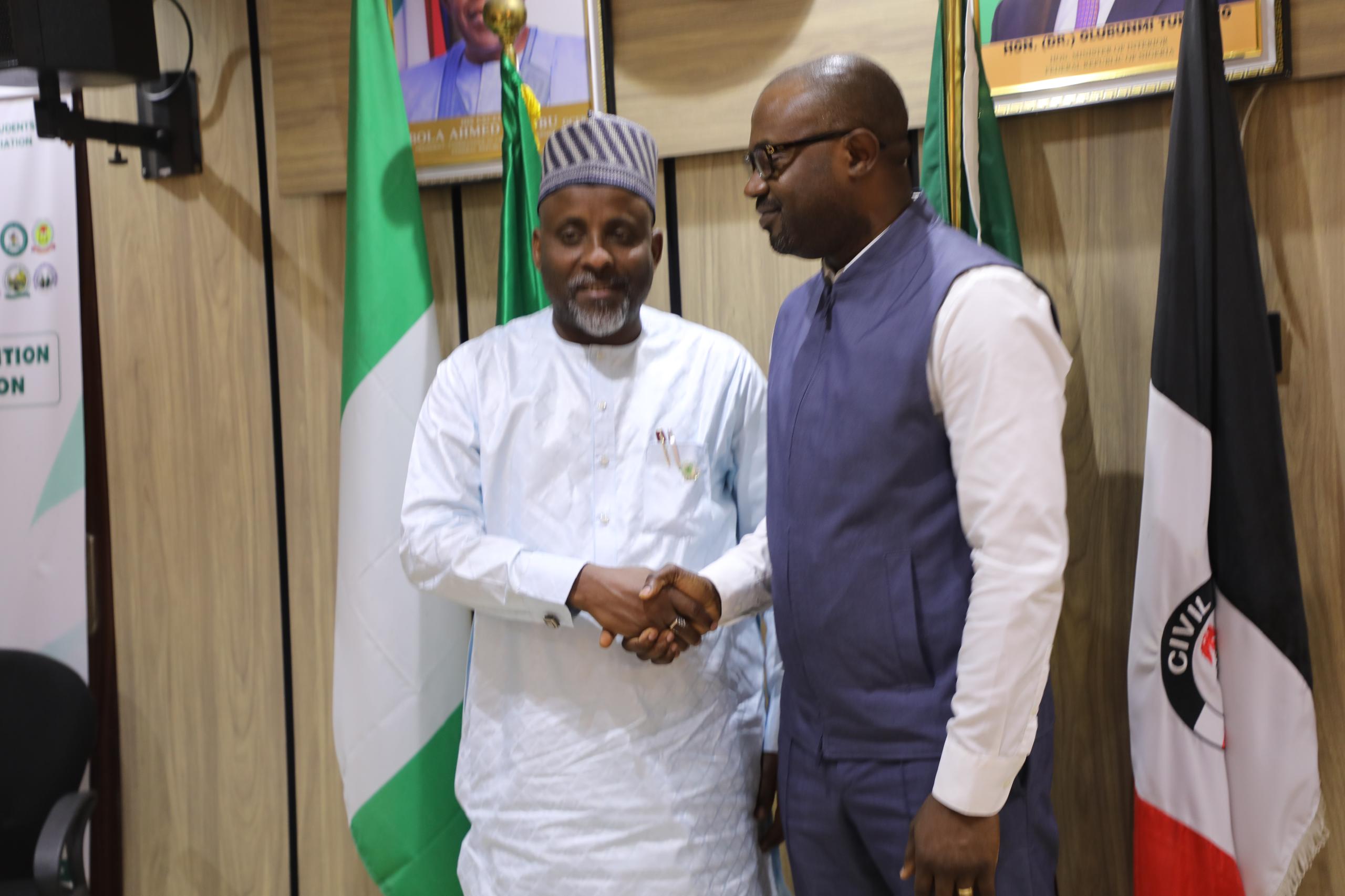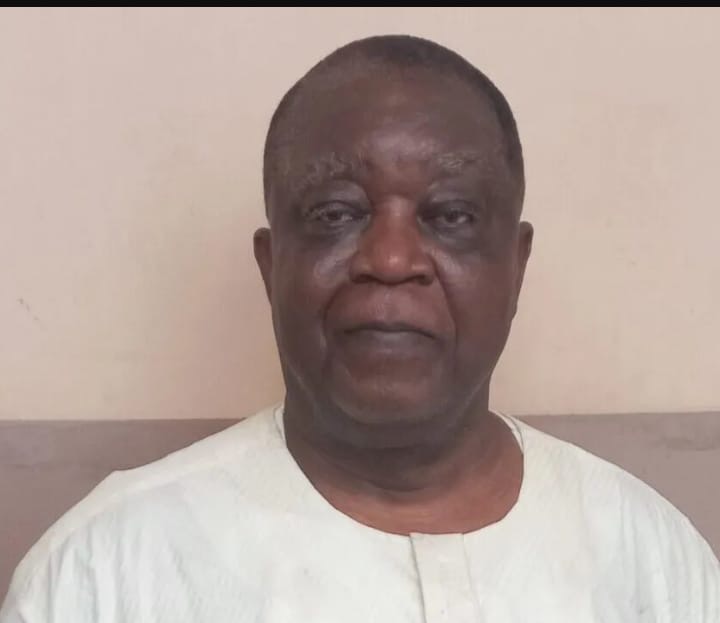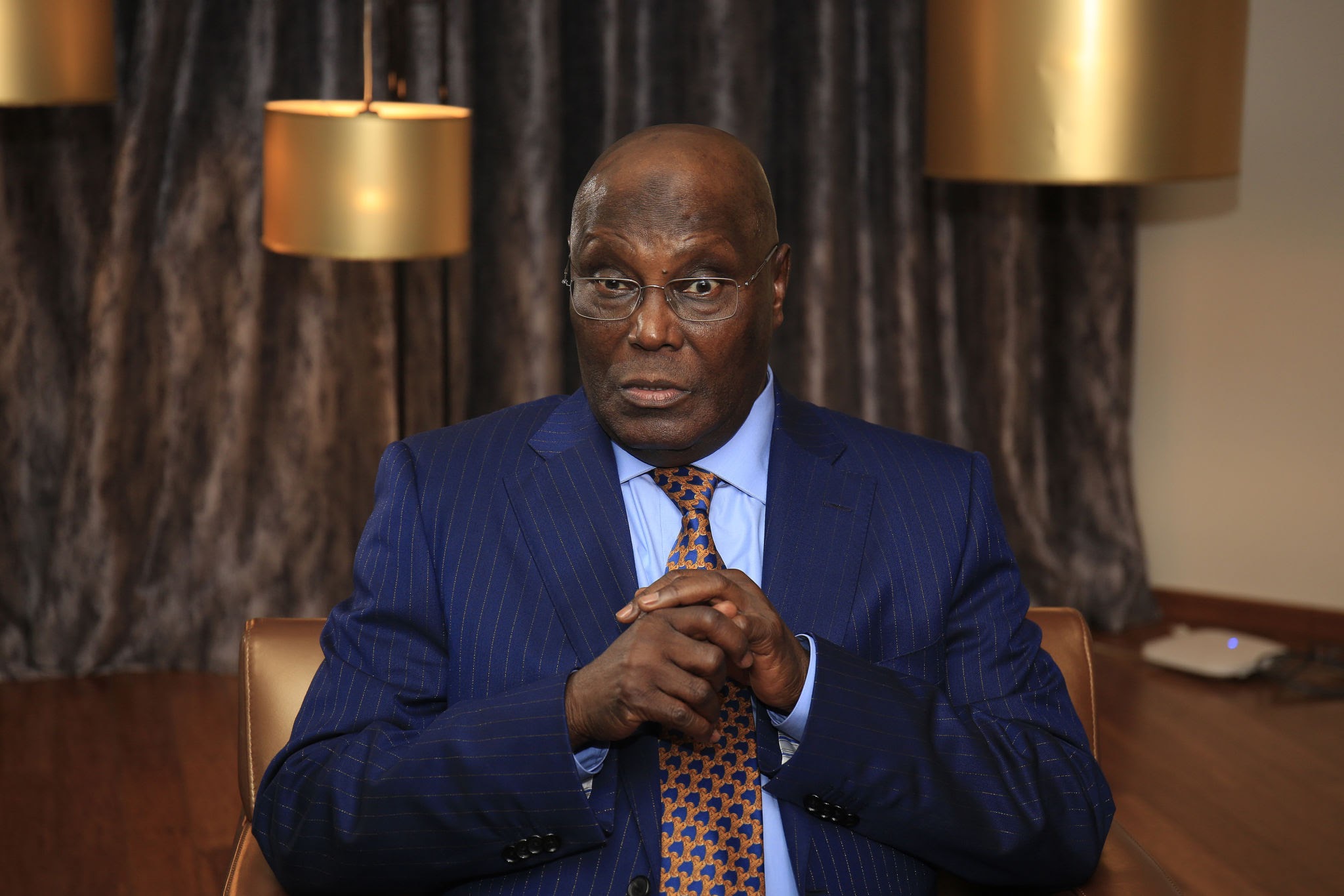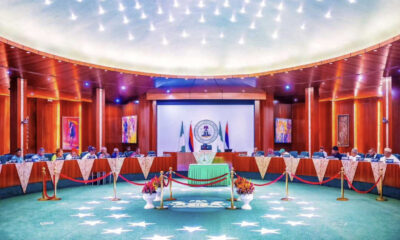National News
FEC Approves Group Life Assurance for Public Servants
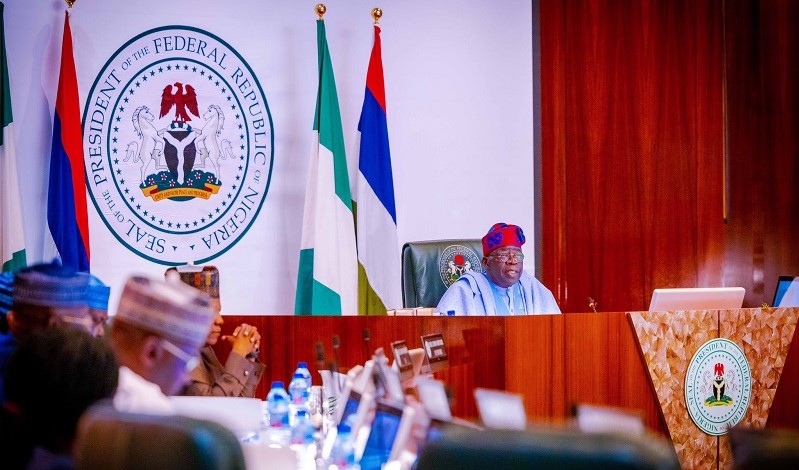
The Federal Executive Council (FEC) has approved a series of significant policy measures aimed at enhancing the welfare of public servants, diversifying Nigeria’s economy, and addressing the challenge of unemployment.
One of the key decisions was the renewal of the Group Life Assurance Scheme for federal government employees. This move has been hailed as a testament to President Bola Ahmed Tinubu’s administration’s dedication to improving the welfare of public servants.
Addressing journalists at the State House in Abuja following the FEC meeting chaired by President Tinubu, the Head of the Civil Service of the Federation, Mrs Didi Walson-Jack, explained that the scheme, covering the 2025/2026 policy year, is designed to provide financial assistance to the families of deceased federal public servants, including senior government officials.
“The Federal Government has secured a life policy for every public servant. In the unfortunate event of death, the next of kin will receive benefits to help alleviate the loss,” she stated.
Mrs Walson-Jack noted that the scheme’s coverage extends beyond civil servants to include the President, Vice President, Ministers, Permanent Secretaries, and personnel within Treasury-funded ministries, departments, and agencies (MDAs). It also encompasses key paramilitary and uniformed agencies, such as the Nigeria Immigration Service, Nigeria Security and Civil Defence Corps, Nigeria Correctional Service, Federal Fire Service, Federal Road Safety Corps, National Drug Law Enforcement Agency (NDLEA), and the Office of the National Security Adviser.
Seventeen insurance firms have been selected to manage the policy, which is renewed on an annual basis. Mrs Walson-Jack emphasised that the scheme would become operational once premiums are settled, in line with the government’s “no premium, no cover” policy.
She acknowledged that despite the policy being in place for several years, many public servants remain unaware of its advantages. Consequently, plans are underway to launch a nationwide awareness campaign to ensure beneficiaries are adequately informed.
Also speaking after the meeting, the Minister of Art, Culture, Tourism and Creative Economy, Hannatu Musawa, announced that the Council had endorsed a pioneering initiative to monetise the nation’s rich cultural and tourism assets.
According to Mrs Musawa, the plan, developed in collaboration with the Ministry of Finance Incorporated (MOFI), aims to create a new revenue stream while safeguarding the country’s cultural heritage.
“For the first time in our nation’s history, a dedicated ministry has been tasked with realising the potential of our cultural, creative, and tourism sectors. We aim to contribute $100 billion to Nigeria’s economy by 2030 through the monetisation of both tangible and intangible assets,” she revealed.
She specified that tangible assets would include national museum collections, historic monuments, landmark buildings, and government-owned artworks. Intangible assets, on the other hand, would encompass indigenous languages, oral traditions, cultural textiles such as adire, culinary heritage like Ijebu garri, and traditional festivals.
Mrs Musawa stressed that the initiative is designed to foster economic growth by leveraging existing resources without adding pressure to the national budget. “It is about generating wealth, fostering a sense of identity, and building national pride by responsibly capitalising on our vast cultural assets,” she remarked.
The initiative will be executed in four stages: asset assessment, valuation, the formulation of a monetisation strategy, and final implementation. Mrs Musawa noted that the asset verification process has already been completed, paving the way for the next phase in partnership with MOFI.
-

 Feature1 day ago
Feature1 day agoBiography of Tunji Disu, the newly appointed Inspector-General of Police
-

 Uncategorized2 days ago
Uncategorized2 days agoNUJ partners TETFUND on improved educational development, seek more funding for sector
-

 National News1 day ago
National News1 day agoBREAKING: Tinubu removes IGP Egbetokun, names successor
-
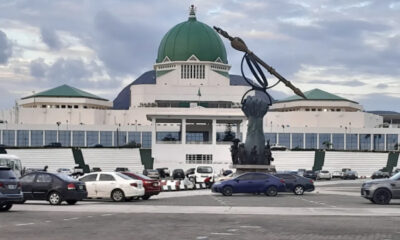
 Uncategorized2 days ago
Uncategorized2 days agoBREAKING :Nass shifts plenary Resumption to March 5
-

 World News1 day ago
World News1 day agoPolice arrest two women for kissing in public in Uganda
-

 News2 days ago
News2 days agoNigerian Army thwarts ambush, kills five suspected Lakurawa terrorists in Kebbi
-
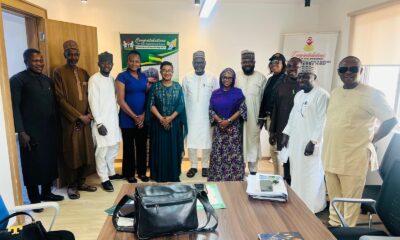
 NUJ FCT1 day ago
NUJ FCT1 day agoBREAKING: FCTA Health Mandate Secretary offers 150 free insurance slots to NUJ FCT members
-

 News2 days ago
News2 days agoFIFA proposes one-minute rule for injured players to curb time-wasting

